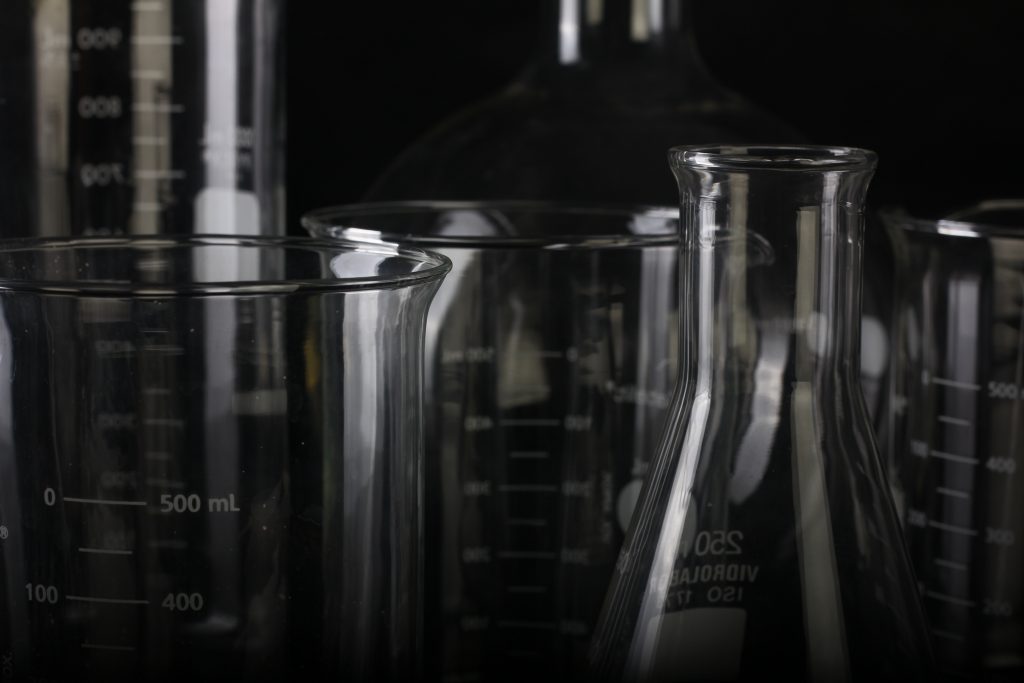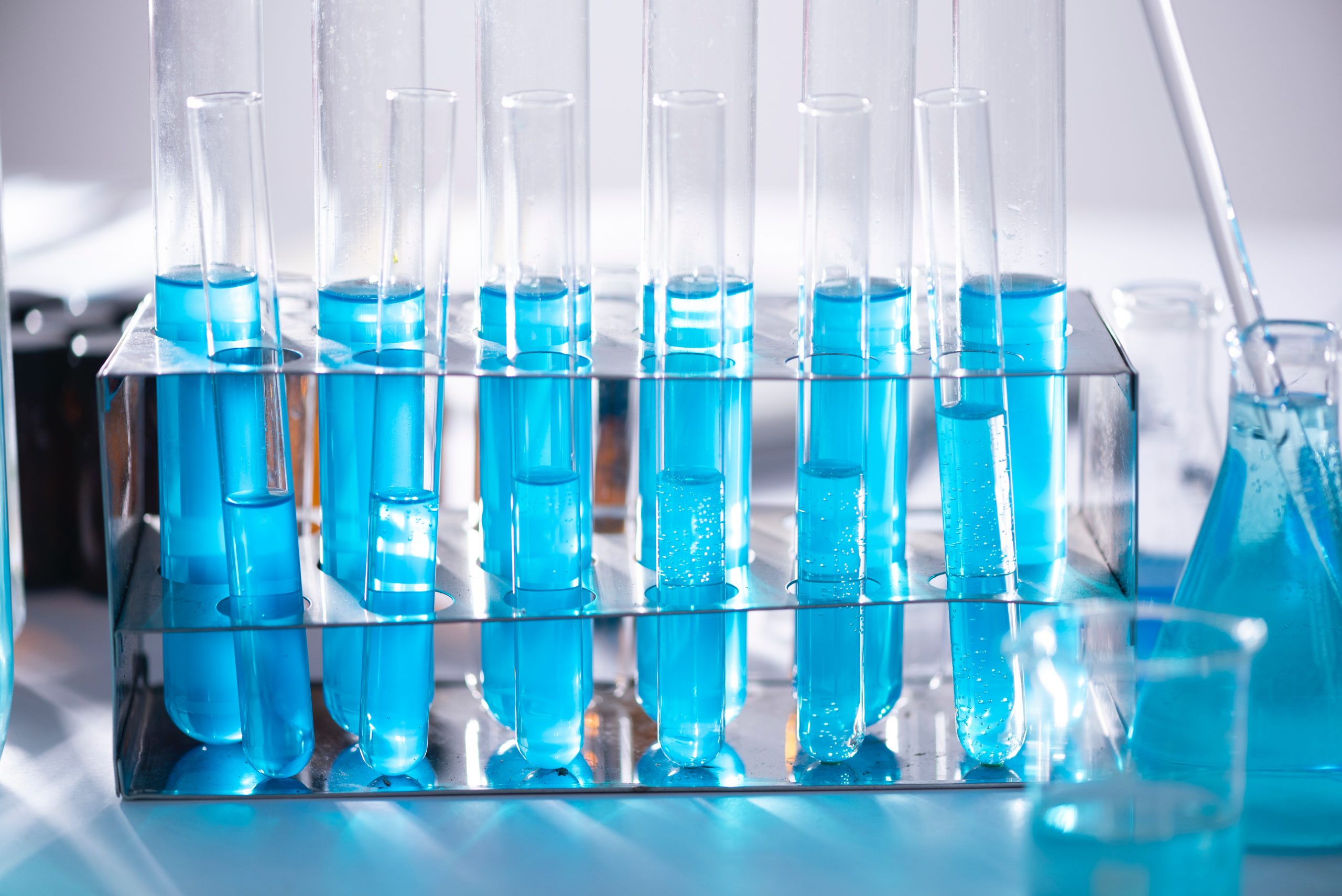Building Your Own Lab Part 1
If you enjoy undertaking chemistry experiments, you might want to consider setting up your own laboratory at home. It is critical that you proceed with caution and purchase chemical supplies in the proper manner. There are numerous aspects to consider when selecting the appropriate area and determining which devices you will want. You can become more advanced and add things particular to your needs once you have the basic lab set up.
Step 1: Choosing The Appropriate Location
Electrical Outlets
To start off, you have to choose a location with electrical outlets. Use a spare room with electrical outlets for the greatest results. If you don’t have a spare room, try to clear the space of any non-essential stuff. You can utilise a power strip to plug in the appropriate equipment if necessary.
Counter Space
The second thing you want to make sure of is that there is enough counter space. You should make sure you have enough room to set up and conduct your tests. A cluttered counter makes it harder to work with and might result in spills or equipment damage. You should have an adequate area to operate with both a “wet” and a “dry” side. The “wet” side is used to conduct experimentation, while the “dry” side is used to store supplies. You’ll also need plenty of room for stuff like glassware and chemicals that you use frequently.

Place a towel on top of the counter and then a rubber non-slip mat on top of that if you’re worried about destroying it. This will keep the counter clean and absorb any spilt liquids. Another tip I can give you is to have a fume hood installed in your lab to store all your chemicals safely. For this, you can check out My Lab, the best fume hood supplier in Malaysia to get one installed in your lab.
Good Ventilation
Thirdly, select a well-ventilated and temperate location. Many chemicals and chemical processes produce toxic gases that might harm your health. For a home chemistry lab, proper ventilation is critical. In addition, you’ll want to work in a dry, comfortable environment. Keep in mind that many compounds require a specific temperature for long-term storage. While basements are large, they are not ideal living spaces since they are typically under-ventilated, cold and wet in the winter and hot and humid in the summer. Consider having your lab in a location that has an open window and a portable exhaust fan which can help to improve ventilation. If at all possible, conduct experiments that produce a lot of smoke or smells outside.
Good Lighting
Make sure there’s plenty of light in the area. It’s critical to be able to observe what you’re doing during experiments. Purchase some floor lamps to supplement the illumination in your space if it is insufficient. Experimenting in a well-lit environment will help you avoid injury. Rooms with windows provide for more natural light and ventilation.

